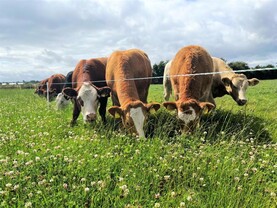The publication says that lower oil prices will significantly change the economics of some food and agriculture sectors while also adding to the already deflated pressure on food prices resulting from lower commodity and feed costs.
Clara van der Elst, author of the publication, said the size of the drop in oil prices combined with the already significantly lowered agri-commodities will place “substantial downward pressure on global food prices, possibly reaching multiyear lows."
She went on to say that oil is not a major cost factor in the global food and agriculture industry but where oil and gas prices are linked, the drop in oil prices could have a significant effect on industries with high gas consumption, such as horticulture, milk powder, coffee and potato processing.
In Rabobank’s opinion, the most affected sectors from a cost or competition perspective are likely to be wild catch seafood, biofuels and horticulture.
The publication concluded by saying that lower food prices will drive up volumes mostly for upmarket food and drink and in developing regions, where food is a bigger part of household spending.
From a demand perspective, Rabobank expects the biggest volume increase to be through upmarket food and beverage consumption such as foodservices, wine and spirits, beef and pork, exotic fruits and fruit juices.






 This is a subscriber-only article
This is a subscriber-only article











SHARING OPTIONS: